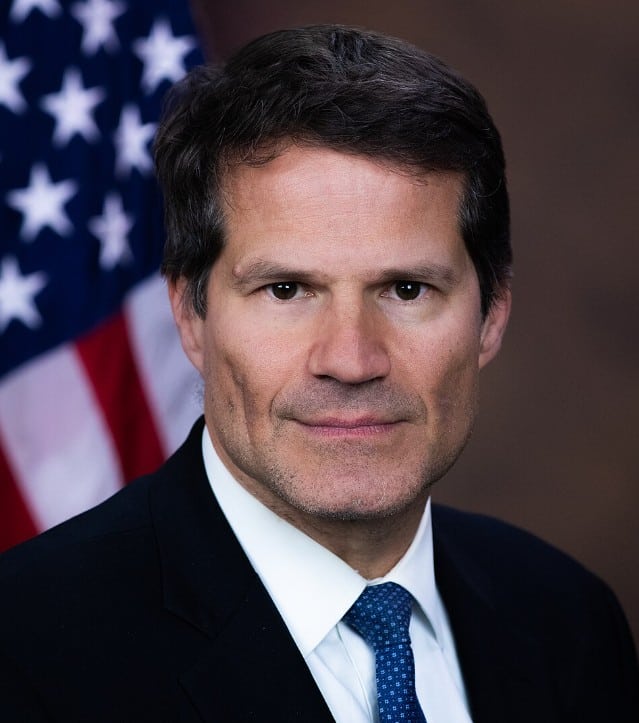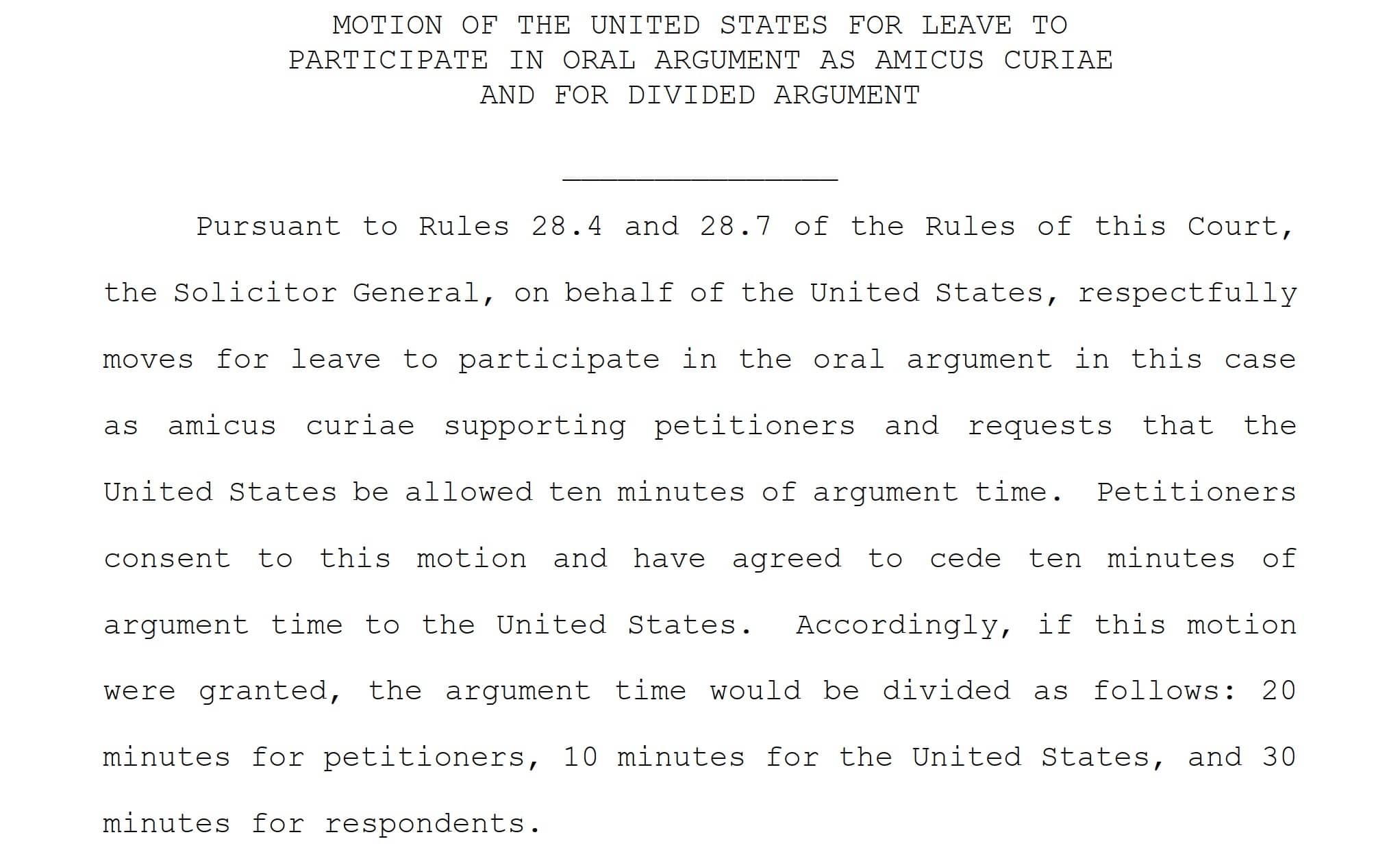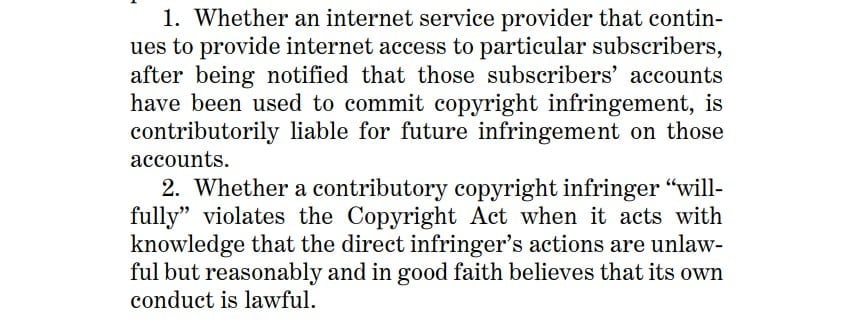|
|
| Пишет TorrentFreak ( @ 2025-09-25 07:00:00 |
|
|
|
|
|
|
|
|
|
|
|
|
|
|
 The Supreme Court case between several major record labels and Internet provider Cox Communications is a landmark legal battle.
The Supreme Court case between several major record labels and Internet provider Cox Communications is a landmark legal battle.
The outcome will determine how Internet providers should deal with pirating subscribers on their networks.
Should alleged pirates be disconnected from the Internet after repeated third-party allegations of copyright infringement? Or does that go too far?
As previously reported, the case revolves around contributory copyright infringement and has the potential for broader implications for other online services. The eventual verdict is destined to shape the future of U.S. copyright law, and major tech companies, including Amazon, Google, and Microsoft, have already spoken out in favor of Cox.
Yet the most powerful support comes from the U.S. government itself, which has now taken an additional step to make its position clear.
From Written Briefs to Oral Arguments
The Office of the Solicitor General advised the Supreme Court to take on the case earlier this year. And after Cox submitted its opening brief last month, the U.S. filed an amicus brief openly supporting Cox’s position.
The government’s brief argued that the Fourth Circuit’s decision wrongly applied U.S. copyright law. By doing so, many people may be at risk of losing internet access, while companies such as Cox face broad copyright liability rulings.
An amicus brief from the U.S. Government carries significant weight, and it doesn’t stop there either. This week, Solicitor General D. John Sauer formally requested to be heard during the upcoming oral arguments, which are scheduled to take place this fall.
In a motion filed on Monday, the Solicitor General asks for ten minutes of speaking time, which will be used to argue in favor of Cox. The ISP was granted thirty minutes, but it agreed to cede ten minutes of its time to the United States.

Oral arguments are a key part of a Supreme Court case, as they allow the parties to clarify complex issues. The Solicitor General is expected to argue against broad Internet disconnections, as the amicus brief revealed.
In this week’s motion, the U.S. clarifies that, while copyright protection is important for the country, public access to critical communication tools such as the Internet is vital too.
“The United States has a substantial interest in the effective protection of intellectual property, which represents a significant portion of the nation’s economy,” the solicitor general writes.
“At the same time, the United States has a substantial interest in fostering technological developments and beneficial uses of digital technologies and in ensuring the broad availability of critical communications services like the internet.”
The motion, which has yet to be granted, is a powerful signal to the Supreme Court that the executive branch has concerns over the potential negative consequences of holding ISPs broadly liable for user infringement. It shows that this case is more than a simple dispute between an ISP and record labels.
The Billion Dollar Question(s)
The lower court’s ruling under appeal effectively requires ISPs to take action against repeat infringers, which can include terminating the Internet connections of entire households. It is not difficult to see how that could inhibit key communication channels, including access to Government information.
The Supreme Court now has to decide if an internet service provider can be held contributorily liable for piracy carried out by its subscribers after the ISP has been notified of the infringing activity. Additionally, the Court will clarify whether that liability qualifies as “willful” even when the ISP believes its own conduct is lawful.

For Cox, however, the case is about much more than their subscribers well-being or the correct interpretation of copyright law. The internet provider was previously ordered to pay $1 billion in damages to the record labels, so the financial consequences could be severe.
—
A copy of the motion of the U.S. to participate in the oral argument as amicus curiae, signed by Solicitor General D. John Sauer, is available here (pdf)
From: TF, for the latest news on copyright battles, piracy and more.